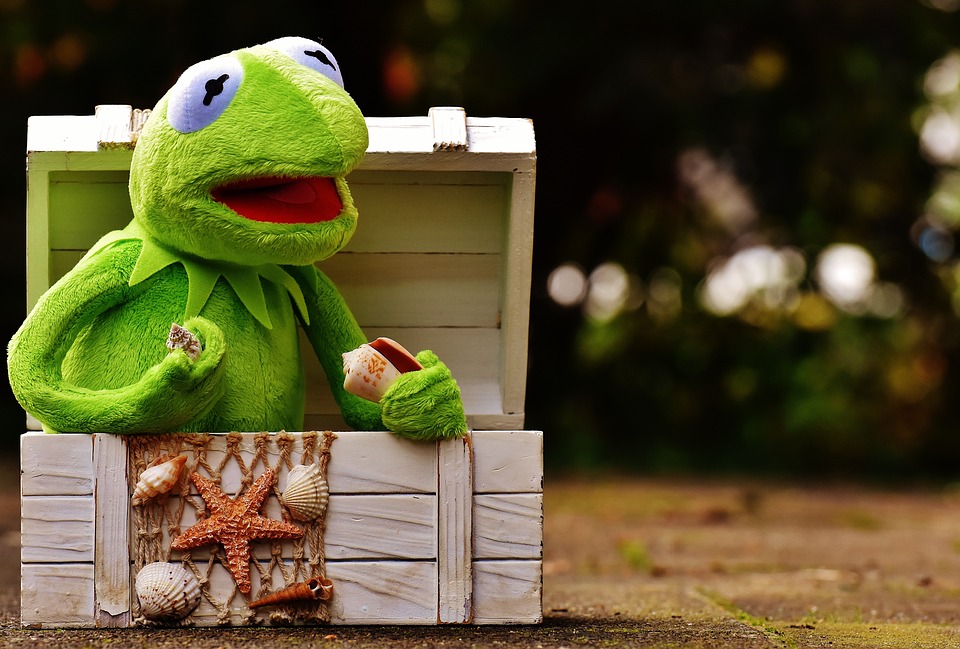Ensuring the health and vitality of your fish through proper nutrition is essential for any responsible fish owner. Just like humans, fish require a combination of different nutrients to thrive. In this article, we will explore effective ways to offer your fish a diverse diet that meets their nutritional needs. Additionally, we will address frequently asked questions regarding fish care and feeding practices.
Before delving into the specifics of a varied and balanced diet, it is essential to understand the nutritional requirements of fish. Fish need a combination of proteins, carbohydrates, fats, vitamins, and minerals to maintain optimal health. Each nutrient serves a distinct purpose. Proteins are essential for growth, tissue repair, and the production of enzymes and hormones. Carbohydrates provide energy for daily activities and bodily functions. Fats act as a concentrated source of energy and aid in the absorption of fat-soluble vitamins. Vitamins are necessary for various metabolic processes, immune system function, and overall well-being. Minerals play key roles in bone development, muscle contraction, and maintaining osmotic balance.
To ensure your fish receive a diverse range of nutrients, it is crucial to offer a varied diet. Here are some ways to achieve this:
1. Commercial Fish Food: Start with a high-quality commercial fish food that is formulated specifically for your fish species. Look for options that contain a blend of proteins, carbohydrates, fats, vitamins, and minerals. Choose pellets or flakes that float, sink, or suspend in the water column, depending on your fish’s feeding habits.
2. Live or Frozen Foods: Supplement the commercial diet with live or frozen foods to mimic the natural feeding behavior of fish. Options include brine shrimp, bloodworms, daphnia, and krill. These foods provide additional protein and essential fatty acids.
3. Fresh Vegetables: Some fish species, such as herbivorous or omnivorous ones, benefit from the inclusion of fresh vegetables in their diet. Offer blanched spinach, peas, zucchini, or lettuce leaves, ensuring they are appropriately sized for your fish to consume easily.
4. Homemade Fish Food: For advanced fish owners, creating homemade fish food can be an excellent way to offer a truly varied diet. Research recipes that include a combination of proteins, vegetables, and other essential ingredients. Ensure the recipe is specific to your fish species and consult with a fish nutrition expert if needed.
While providing a varied diet is important, it is equally crucial to maintain a proper balance of nutrients. Overfeeding or offering an imbalanced diet can lead to health issues. Consider the following tips to achieve a balanced diet for your fish:
1. Portion Control: Feed your fish an amount they can consume within a few minutes. Overfeeding can result in water quality degradation and obesity-related health issues.
2. Feeding Frequency: Most fish require feeding once or twice a day. Research the specific feeding habits of your fish species to determine the appropriate feeding frequency.
3. Rotate Foods: Vary the types of food offered to your fish throughout the week. This ensures they receive a balanced combination of nutrients from different sources.
4. Avoid Excessive Treats: While treats can be an occasional addition, they should not replace the staple diet. Treats are often nutritionally imbalanced and should be given sparingly.
Now, let’s address some frequently asked questions regarding fish care and feeding practices:
Q: How often should I feed my fish?
A: Most fish species require feeding once or twice a day. Research the specific feeding habits of your fish to determine the appropriate frequency.
Q: Can I feed my fish human food?
A: It is generally not recommended to feed fish human food, as it may not provide the necessary nutrients and can lead to water quality issues. Stick to commercially prepared fish food or specific foods formulated for fish.
Q: Can fish be overfed?
A: Yes, fish can be overfed. Overfeeding can result in poor water quality, obesity, and other health issues. Feed your fish an amount they can consume within a few minutes.
Q: Should I fast my fish?
A: Some fish species benefit from occasional fasting days to mimic their natural feeding patterns. Research the specific needs of your fish species to determine if fasting is appropriate.
Q: How can I tell if my fish are getting a balanced diet?
A: A well-balanced diet will result in healthy, active fish with vibrant colors. Regular growth, good appetite, and minimal health issues indicate that your fish are receiving the nutrients they need.
Remember, providing a varied and balanced diet for your fish plays a crucial role in their overall health and well-being. By understanding their nutritional needs and implementing the tips mentioned above, you can ensure your fish thrive in their aquatic environment.









